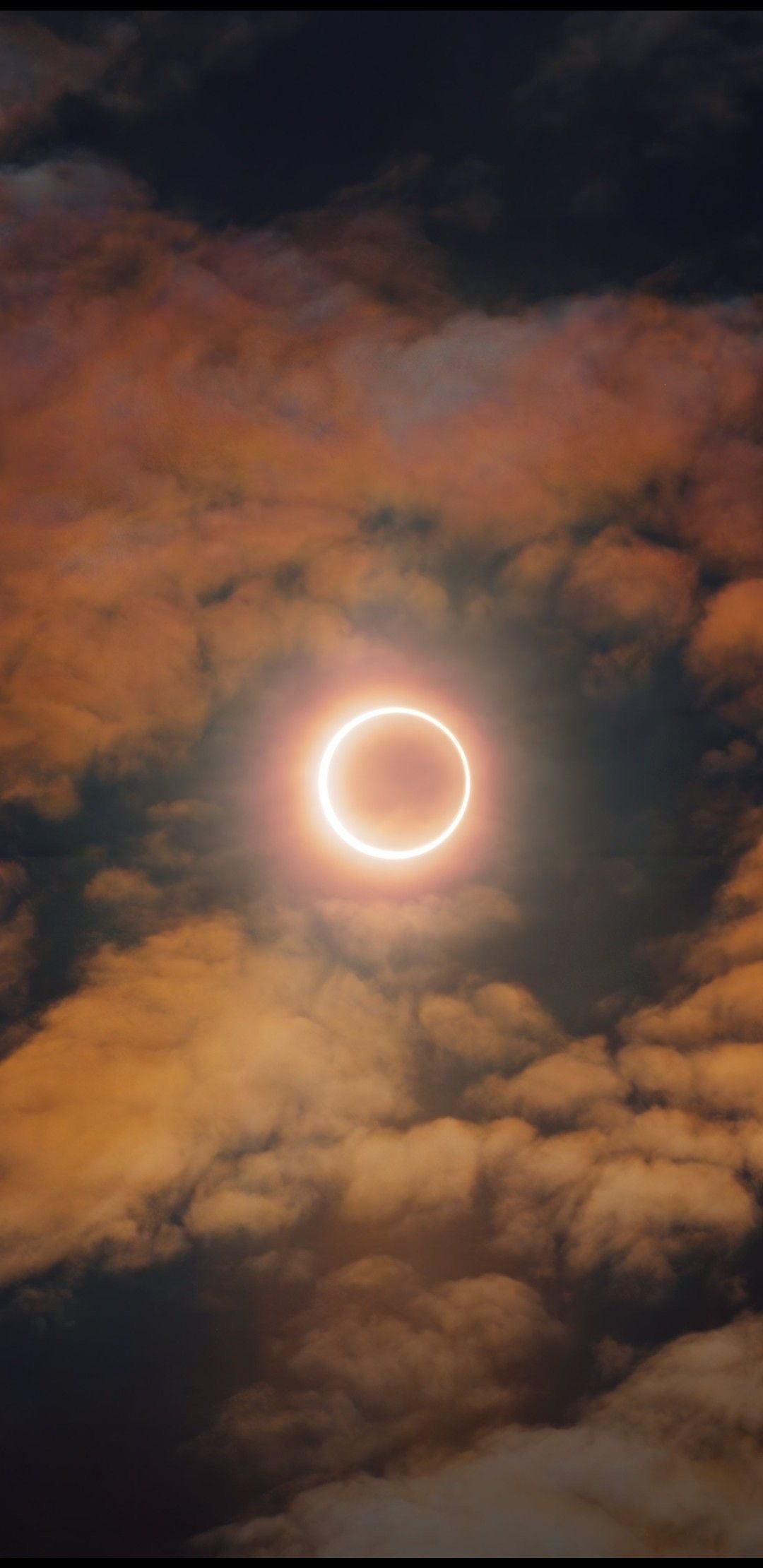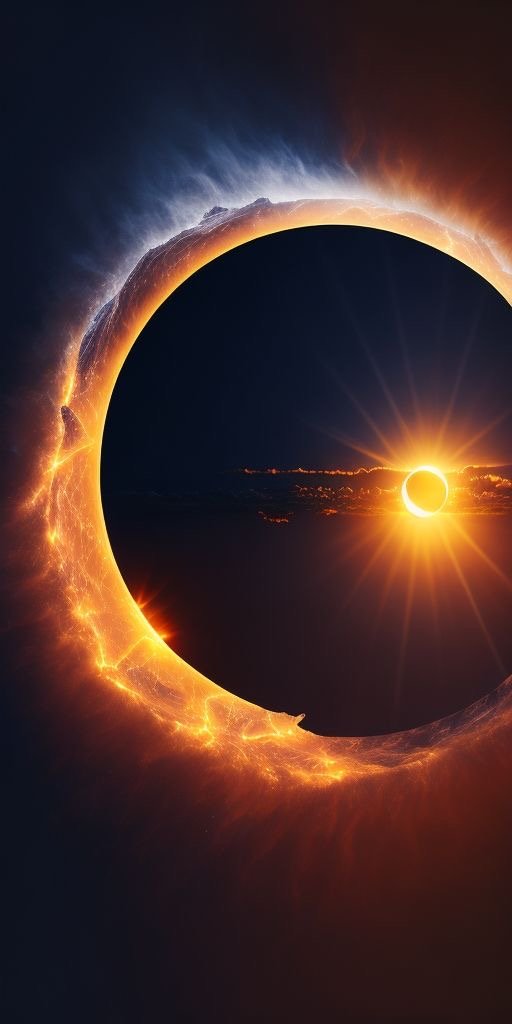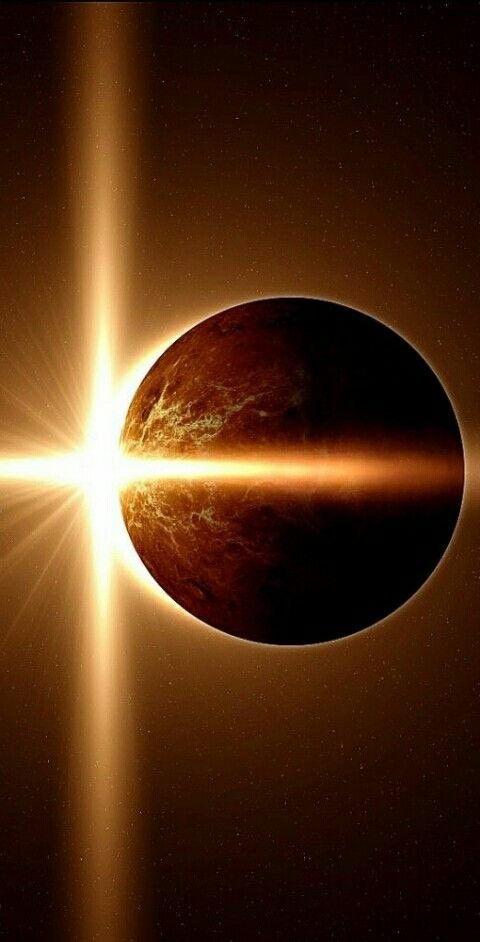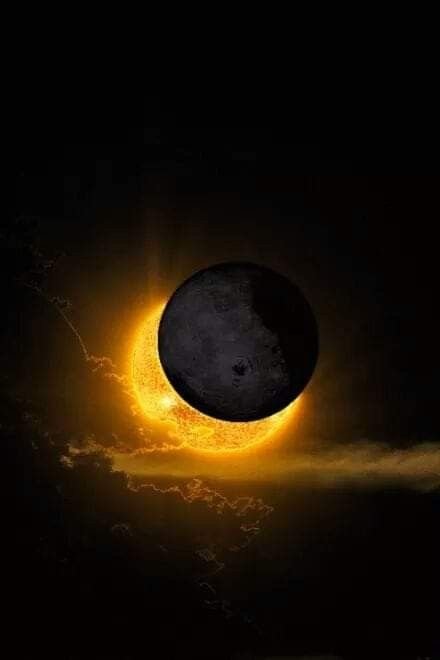
On April 8, 2024, the skies above North America witnessed a celestial spectacle – a total solar eclipse. A solar eclipse occurs when the moon passes between the Earth and the Sun, covering the Sun either partially or entirely from view. This event is eagerly anticipated by astronomers, sky gazers, and curious onlookers alike due to its rarity and breathtaking beauty.

Why Is Solar Eclipse Significant?
The significance of a solar eclipse extends beyond its visual appeal. Scientifically, it provides researchers with valuable opportunities to study the Sun’s corona, the outer layer of its atmosphere, which is typically invisible due to the Sun’s brightness. During a total solar eclipse, when the moon completely covers the Sun, the corona becomes visible, revealing crucial information about its temperature, structure, and dynamics.

In addition to its scientific importance, solar eclipses have long been imbued with cultural and spiritual significance. Across various cultures and civilizations, eclipses have been interpreted as omens, warnings, or manifestations of divine power. In ancient times, they were often seen as celestial battles between cosmic forces, sparking myths and legends to explain their occurrence.
Myths About Solar Eclipse
Upcoming disaster : One of the most common myths surrounding solar eclipses is the belief that they signal upcoming doom or disaster. Throughout history, eclipses have been associated with fear and superstition, leading people to engage in rituals or practices to ward off perceived threats. In some cultures, loud noises, prayers, or offerings were believed to appease the gods and protect against harm.
Harmful for Pregnant Women: Another prevalent myth is the notion that solar eclipses have harmful effects on pregnant women and unborn children. This belief, rooted in ancient folklore, led expectant mothers to stay indoors during eclipses or to wear protective amulets to safeguard their pregnancies. While there is no scientific evidence to support these claims, cultural traditions and beliefs surrounding eclipses persist in many societies.

Do we need to pray on Solar Eclipse?
As for the question of whether one should pray during a solar eclipse, it ultimately depends on individual beliefs and cultural practices. For some, eclipses are sacred events deserving of reverence and spiritual contemplation. Praying during an eclipse may be seen as a form of connection with the divine or a way to seek blessings and protection. However, others may view eclipses purely as natural phenomena devoid of any religious significance, opting not to engage in prayer during these events.
As muslims, one believes that it is wajib to offer prayer during the solar eclipse and if missed, it should be offered as qaza.

In conclusion, the solar eclipse of 2024 offers a unique opportunity to witness the marvels of the universe and contemplate the intersection of science, culture, and spirituality. Whether viewed through the lens of astronomy, mythology, or personal belief, solar eclipses continue to captivate and inspire wonder across the globe.



